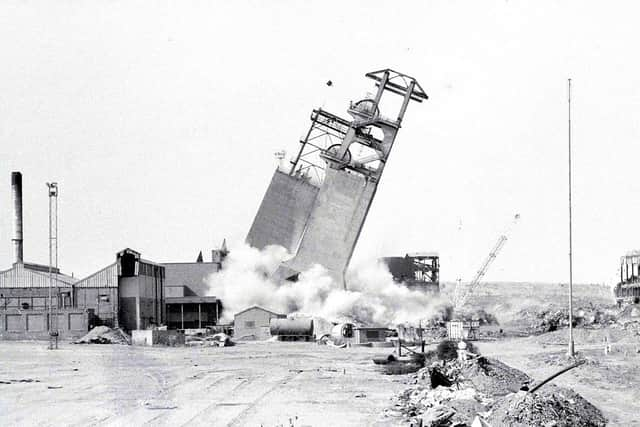MPs launch inquiry into levelling up of former mining communities – including north Nottinghamshire
and live on Freeview channel 276
The newly launched All-Party Parliamentary Group on Coalfield Communities inquiry aims to work out what still needs to be done to regenerate mining communities and to help set the agenda in the run up to the next general election and beyond.
Organisations across the country are now being invited to make written submissions.
Advertisement
Hide AdAdvertisement
Hide AdThe inquiry covers the economy of Britain’s coalfield areas, where once there were more than a million miners, the environmental legacy, the needs of ex-miners and of younger people, the role of government funding, and the cultural heritage of the coal industry.


A 2019 study, The State of the Coalfields, by academics at Sheffield Hallam University found former coalfield areas have only 55 employee jobs per 100 residents of working age, compared with a national average of 73.
It also pointed to average hourly earnings 8-10 per cent below the national average, while more than a third of coalfield residents aged 16-plus report long-term health problems.
The inquiry’s report is expected to be published in spring.
Alex Davies-Jones, Labour MP for Pontypridd in South Wales and group chairman, said: “The loss of the coal industry removed the economic and social heart of our communities.
Advertisement
Hide AdAdvertisement
Hide Ad“Unfortunately, recovery has too often been slow and partial. We welcome the government’s commitment to Levelling Up but fine words need to be matched by action on the ground.
"We want to use this inquiry to ensure the distinctive needs of our former coalfield communities are properly addressed.”

